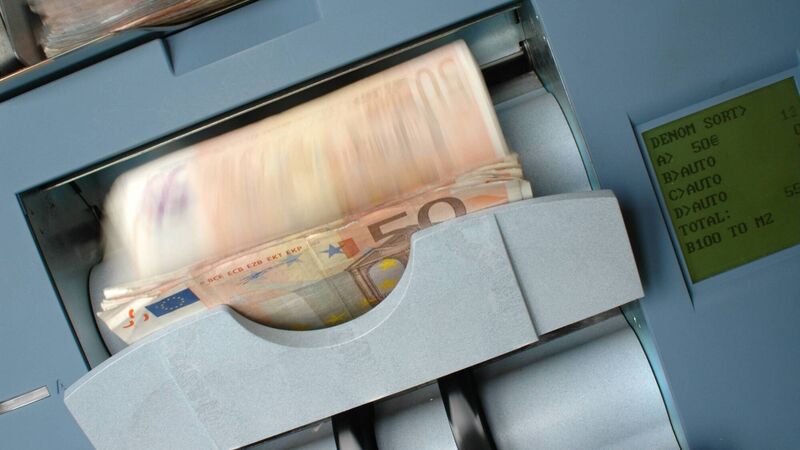Access to cash legislation may damage banking competition, warns industry body

Bank of Ireland, AIB and Permanent TSB are the only banks operating in the retail banking sector after the departure of KBC and Ulster Bank.
Banking representatives have warned that proposed legislation around the provision of cash could damage competitiveness within the sector.
The Banking and Payments Federation Ireland (BPFI) warned that the Access to Cash Bill will “almost certainly” drive fixed costs higher for retail banks which could increase the cost of everyday banking services for customers and make the market less attractive to new banking service entrants.











